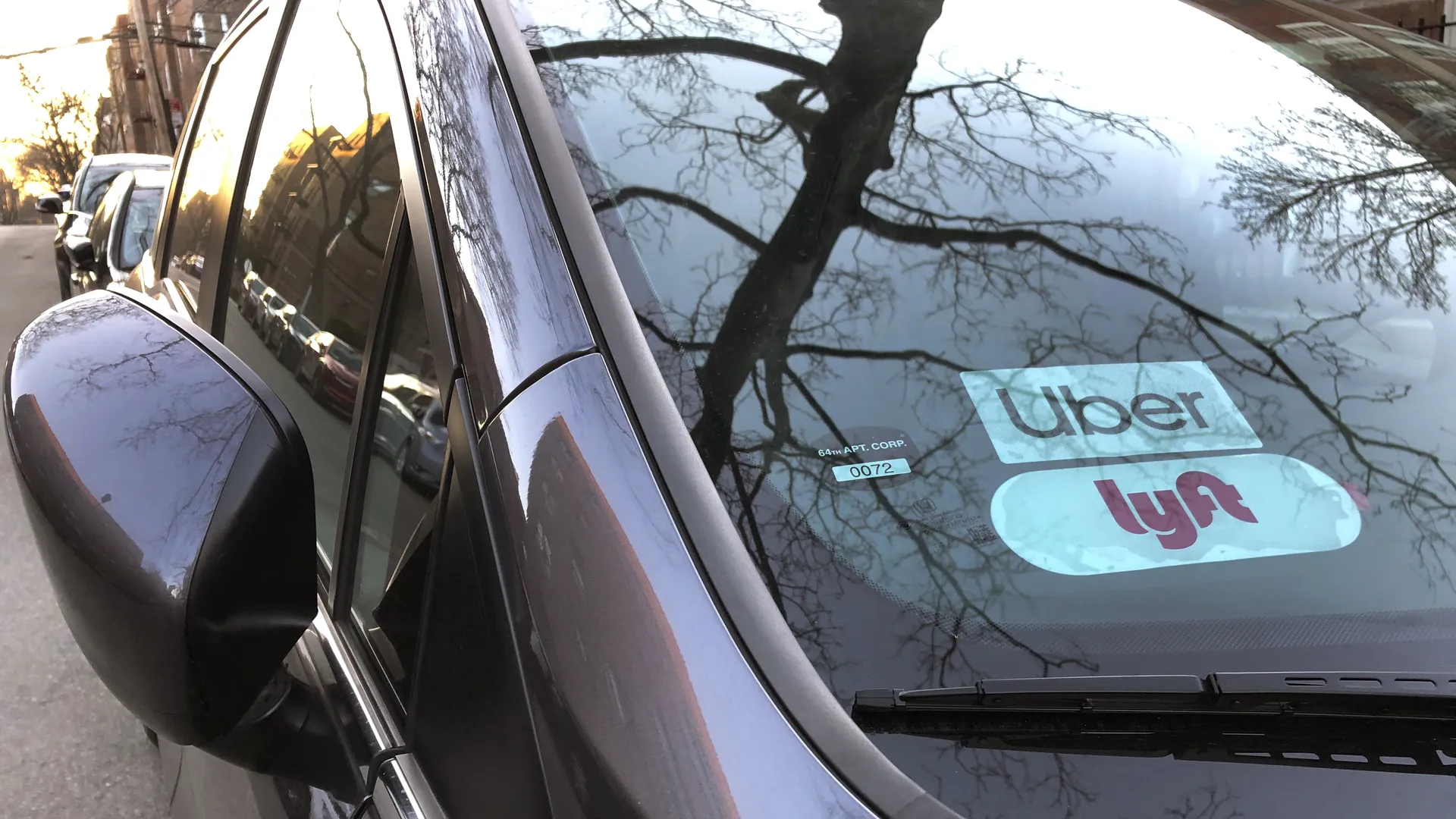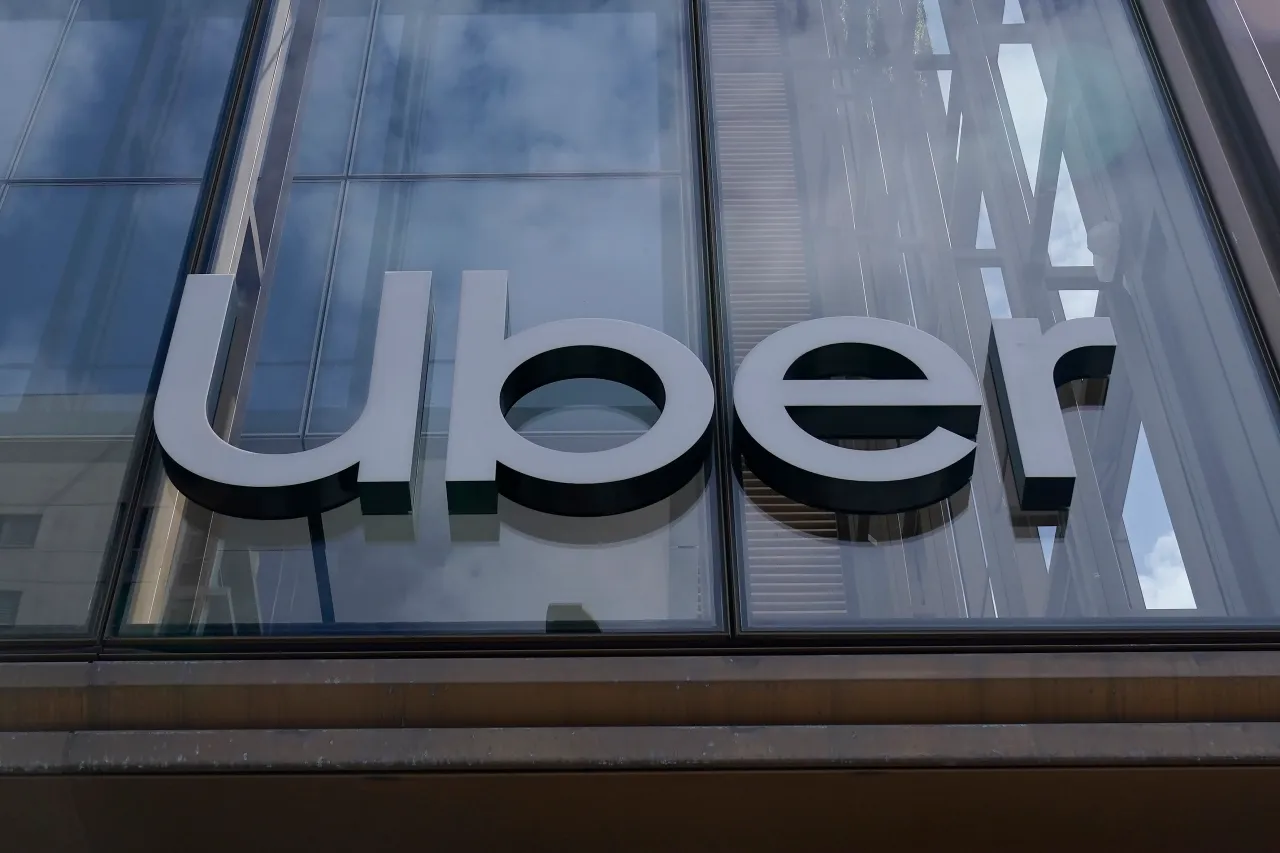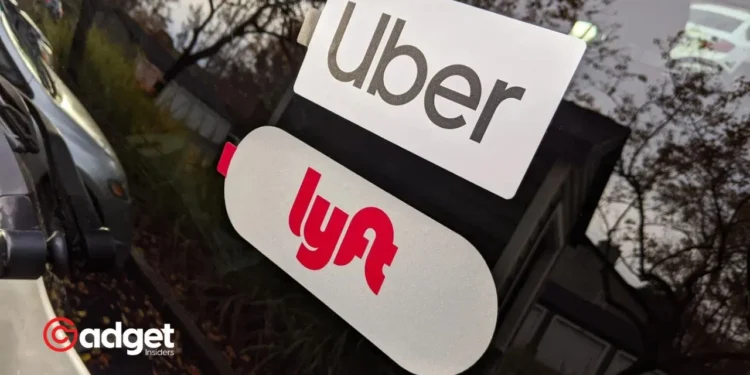As the calendar flips to May, Minneapolis stands on the verge of a seismic shift in its transportation landscape. The decision by Uber and Lyft to potentially withdraw their services from the city has sparked a heated debate, highlighting a clash between worker rights and corporate interests.
This development follows a contentious vote by the Minneapolis City Council to impose a higher wage mandate for ride-hailing drivers—a move aimed at ensuring fair compensation but one that has stirred controversy and division among the city’s residents.

Uber And Lyft: The Heart of the Matter
The crux of the issue lies in the Minneapolis City Council’s bold step last month to mandate a minimum wage for drivers of ride-hailing services like Uber and Lyft. By overriding a mayoral veto, the Council set a minimum rate of $1.40 per mile and $0.51 per minute, or $5 per ride, whichever is greater, for trips within the city limits.
This ordinance, championed by Council Member Jamal Osman and others, was designed to align drivers’ earnings with the city’s minimum wage of $15.57 per hour, advocating for a dignified living wage for all workers, including the city’s significant East African community of drivers.
“Drivers are human beings with families, and they deserve dignified minimum wages like all other workers,” asserted Osman, highlighting the moral imperative behind the legislation.
Support for the ordinance is rooted in a desire to correct perceived injustices within the gig economy. The ordinance not only seeks to safeguard workers’ rights but also addresses concerns of exploitation, particularly among workers of color and immigrant communities.

Corporate Counter
In response, Uber and Lyft have voiced their intention to exit the Minneapolis market should the ordinance take effect on May 1. The potential withdrawal raises concerns about the accessibility and affordability of ride-sharing services for millions of residents and visitors in the Twin Cities metro area.
Uber’s Josh Gold and Lyft’s CJ Macklin have both stated their companies’ positions, indicating a willingness to support a lower rate suggested by a state-commissioned study but drawing a line at the city’s higher mandate.
This standoff has rekindled memories of the companies’ temporary departure from Austin, Texas, in 2016 over regulatory disputes, underscoring the ongoing tug-of-war between municipalities and ride-sharing giants.
Here’s what we know about Uber and Lyft’s planned exit from Minneapolis in May https://t.co/HmiXX7AjQX
— The Associated Press (@AP) April 8, 2024
A Call for Compromise
The looming exit of Uber and Lyft has not gone unnoticed at the state level. Minnesota’s Governor, Tim Walz, has expressed deep concerns over the impact on statewide transportation services, especially for vulnerable populations relying on these services for safe, reliable mobility.
The governor’s call for a compromise underscores the broader implications of the dispute, hinting at the possibility of state intervention or a legislative solution to bridge the divide.
In Minneapolis, the debate rages on. Council members, including Linea Palmisano and Robin Wonsley, articulate the divergent views within the city government, reflecting a microcosm of the broader societal debate over the gig economy, worker rights, and corporate responsibility.
Voices from the Ground
The public sentiment in Minneapolis is equally divided. Residents like Marianna Brown and Arianna Feldman voice strong support for the ordinance, emphasizing the need for fair compensation and critiquing corporations for prioritizing profits over people.
Conversely, individuals such as Jake Clark and Michael Sack, who rely on the flexibility and income provided by ride-hailing platforms, worry about the potential loss of livelihood and accessibility, highlighting the complex, nuanced nature of this issue.

The Road Ahead
As Minneapolis braces for May, the outcome of this confrontation remains uncertain. The debate encapsulates a larger conversation about the future of work, the role of technology in our lives, and the responsibility of corporations in the communities they serve.
What unfolds in Minneapolis could set a precedent for other cities grappling with similar issues, making this not just a local, but a national conversation about the values we prioritize in our economy and society.










